While the most important aspect of creating a successful skincare routine is choosing products that work well for your skin type, it’s also important to keep the time of day in mind. Why? Because your skin’s needs during the day are vastly different from those at night. Tailoring your skincare routine in a way that allows you to meet these varying requirements will really enhance the efficacy of your efforts.
So, when it comes to morning vs. night skincare, what do you need to know? Read on as Venofye explains!
Morning vs. Night Skincare: What’s the Difference?
As we mentioned above, your skin’s needs in the morning are different from what it requires at night, which is why experts recommend having two separate routines. However, how exactly do those needs differ?
During the day, your skin cells go into protective mode. They know that they’re going to be faced with an onslaught of environmental aggressors, from UV rays to pollution to the weather. While they can’t completely prevent damage, their natural defense systems will keep a large amount of it at bay, especially while you’re young. As you grow older, those defense systems weaken…but they’re still there. With a solid morning skincare routine, you’ll be able to give your skin cells all that they need to feel stronger, more resilient, and more capable of saving your complexion from environmental harm.
Once evening rolls around (and yes, your skin is able to tell – it has its own circadian rhythm that syncs with your body’s internal clock), those defense systems go into rest mode. Instead of focusing on preventing damage, your skin cells turn their attention to repairing any damage that has already occurred. Nighttime is also when protein production soars. Collagen, elastin, and other proteins that give your skin its firmness and smoothness are produced in high amounts while you sleep. Giving your skin a high-quality night skincare routine, which contains ingredients that can help with these processes, will leave your skin looking and feeling much healthier overall.
How do you ensure that your morning and night skincare routines are able to meet your skin’s changing requirements? It all comes down to the products/ingredients you use. Let’s take a closer look at how to pick the right ones based on the time of day:
Choosing Cleansers
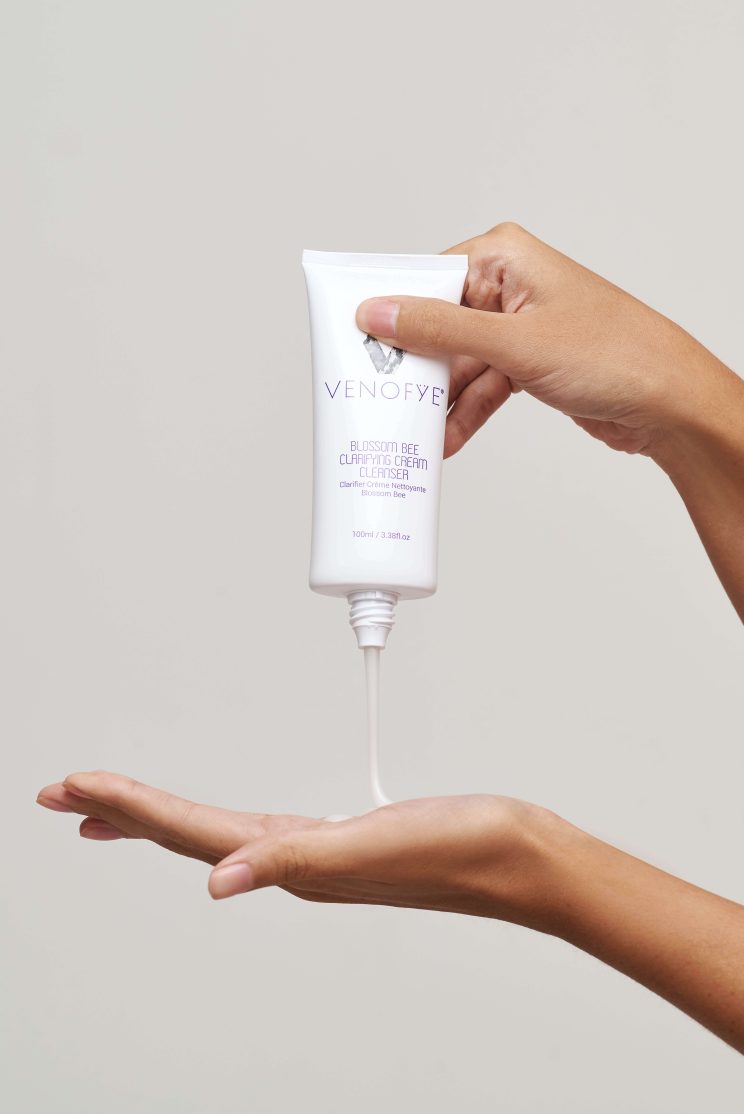
The first step of any beauty regimen, be it a morning or a night skincare routine, is to cleanse. In some ways, this is quite an easy step because you don’t necessarily need different cleansers for the morning and evening. Find a formula that works well with your skin type and you’ll be able to use it twice a day.
One cleanser that works beautifully both day and night is the Venofye Blossom Bee Clarifying Cream Cleanser. It forms a rich lather that effectively removes dirt and other impurities without harming your skin’s natural protective barrier.
Of course, some people find that their skin is much dirtier in the evenings than it is in the mornings. This is normal. After all, your skin has had all day to attract dirt, pollutants, and more. One solution would be to give double cleansing a try during your night skincare routine. Start with an oil-based cleanser to clear away oil-based impurities. Then, use a water-based cleanser, like the Venofye formula, to tackle water-based impurities. Although double cleansing shouldn’t be done every evening (over-cleansing is a very real problem!), it can be a great way to give your skin a more thorough cleanse when needed.
Choosing Serums
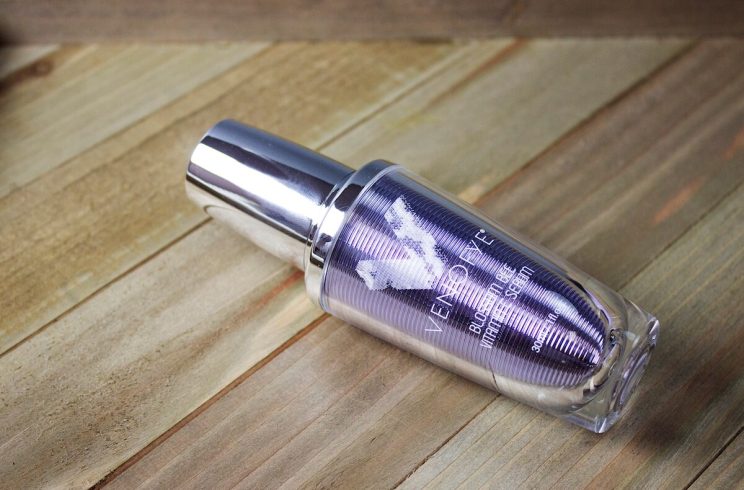
Serums are a big part of any skincare routine. These highly concentrated formulas are lightweight enough to delve down into the skin, bringing their powerful ingredients to the skin cells that need them the most.
During the day, you’ll want a serum that’s capable of keeping your skin feeling protected against environmental aggressors and free radical damage. Antioxidants are great for this. Not only will they keep the appearance of damage at bay but they’ll also help to repair the look of already-damaged skin. Vitamins C and E are particularly good at doing this, so look for a serum that offers both, just like the Venofye Blossom Bee Vitamin C Serum. In addition to vitamins C and E, this formula also boasts a range of other antioxidants, along with hydrating plant oils that will give your skin a glow.
While antioxidants shouldn’t be neglected in your night skincare routine either, the serum that you use in the evenings should ideally be geared toward your skin cells’ nightly tasks. This means finding a formula that contains the likes of peptides and collagen. Both are superstars at leaving skin cells feeling fortified while they focus on repair and regeneration. Hydration should also be a priority at night. With skin barrier function declining in the evenings, moisture loss increases overnight. A hydrating serum, like the Venofye Iron Bee Boosting Serum, will help you to counter this. With this formula featuring a blend of sodium hyaluronate, two different peptides, collagen, vitamin C, and bee venom, you’ll be waking up to skin that looks beautifully radiant!
Choosing Moisturizers
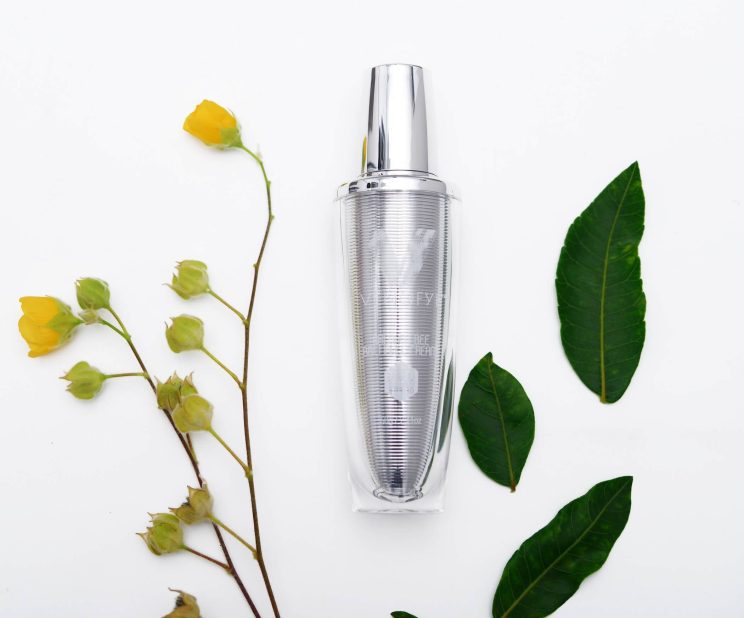
It’s definitely worth having two separate moisturizers; one for the day and one for the night.
Your daytime moisturizer needs to be pretty lightweight. After all, the last thing that you want is for your moisturizer to start dripping down your face whenever you sweat, or for makeup to slide around on your skin’s surface because the moisturizer underneath it is too greasy.
During the day, you’ll need to consider sun protection too. While you could go ahead and use a separate sunscreen after applying your moisturizer, you could also save some precious time by opting for an SPF moisturizer, such as the Venofye Orchard Bee Brilliance Cream SPF 30. It’s a lightweight and non-greasy formula that absorbs quickly. It immediately leaves the skin feeling softer and smoother but won’t weigh it down or cause congestion. It also contains several important antioxidants, which, as you know, are vital during the day!
In the evenings, as we’ve already mentioned, moisture loss increases. While a lightweight moisturizer will help to prevent this, richer formulas tend to be much more effective. They form a slightly thicker seal over the skin’s surface, which prevents the skin’s moisture reserves from evaporating away quite so quickly. This is exactly why night creams, like the Venofye Blossom Bee Quenching Night Cream, exist. In addition to giving your skin some extra hydration, this formula also locks that hydration in, thanks to its occlusive ingredients. It also contains a few ingredients that will help with your skin’s nighttime processes, such as oat protein and bee venom.
Deciding When to Exfoliate
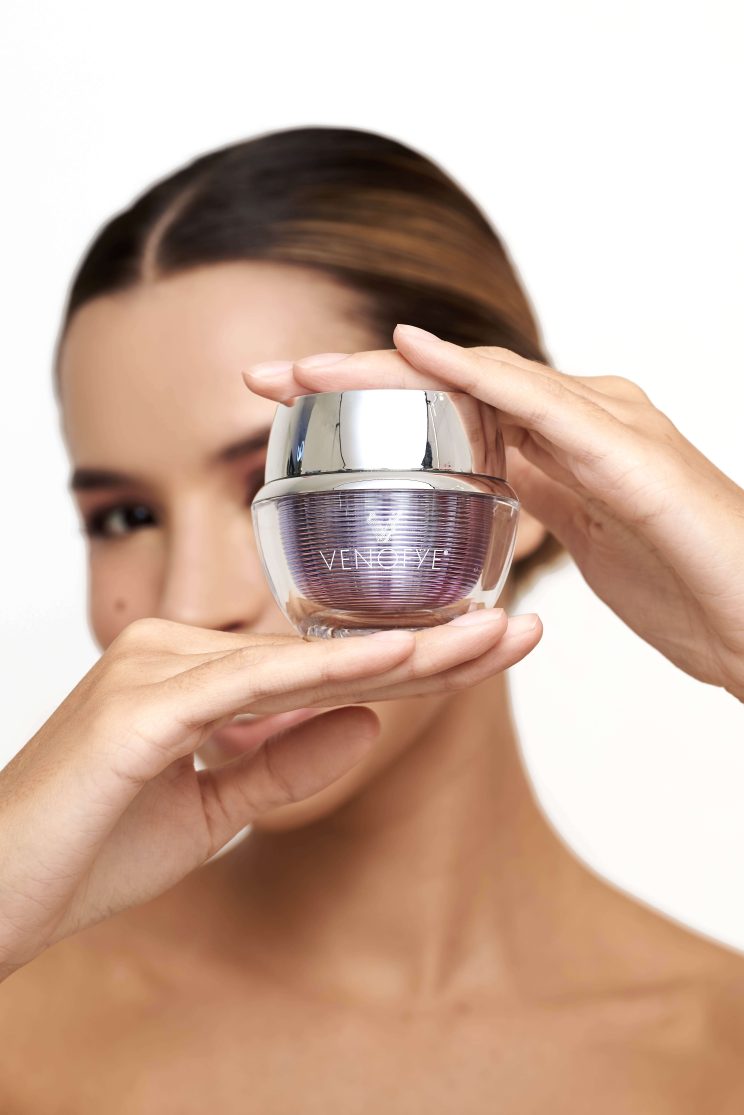
Exfoliation is another key part of skincare. It clears away the dead skin cells that adhere to your skin’s surface and pore openings. Not only does this immediately give the skin a brighter and fresher look, but it also helps to encourage the absorption of the rest of your skincare products. Without all of those dead skin cells blocking the way, your skincare products will be able to sink into your skin without having to worry about fighting past any barriers.
The big question is…should exfoliation be a part of your morning or night skincare routine?
While there isn’t a right or wrong answer to this, experts generally recommend exfoliating in the evenings instead of the mornings. Why? For a few reasons. Firstly, exfoliation leaves your skin barrier temporarily more vulnerable to damage. Doing so in the morning, before you then head outdoors and subject your skin to the environmental aggressors all around you, could increase your chances of experiencing skin damage. Save exfoliation for the evenings, however, and your skin will have all night to recuperate before it has to deal with environmental aggressors.
Some exfoliators also leave the skin more sensitive to the sun. If you’re adamant about exfoliating in the mornings, which is understandable since it does give the skin a radiant glow that lasts all day, pick a formula that’s suitable for this, just like the Venofye Blossom Bee Facial Peeling. It doesn’t contain any harsh acids so you won’t need to worry about sun sensitivity. With that said, it’s a good exfoliator to use in the evenings too, making it very versatile.
Deciding When to Use a Face Mask
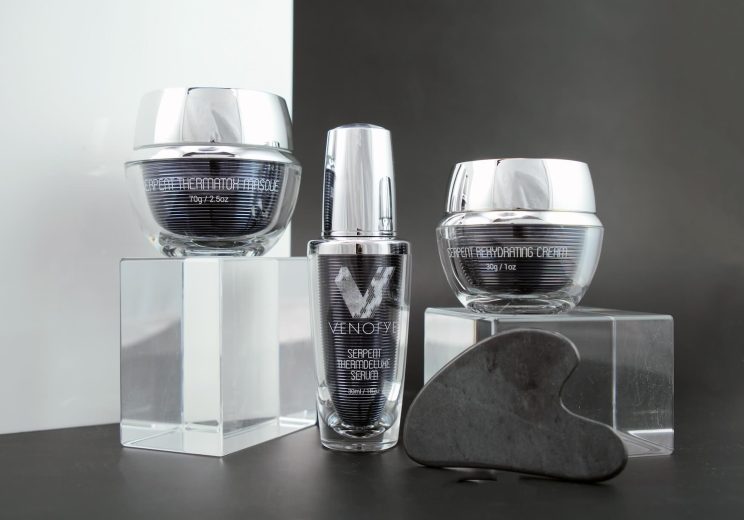
Although face masks aren’t an essential part of skincare, they can make a huge difference to your complexion when used regularly. However, once again, should you be masking in the morning or at night?
The answer to this lies in the type of mask you’re using. If you’re using an exfoliating mask or a clay mask, like the Venofye Serpent Thermatox Masque, this would be best done as part of your night skincare routine. Why? Because, as we mentioned earlier, your skin barrier needs time to recover from these types of products. Using them in the morning could leave your skin more vulnerable to environmental damage.
On the other hand, hydrating or antioxidant-rich masks can be a great tool to use in the mornings. They’ll give your skin a dewy finish while also encouraging makeup to look more natural on your face.
Of course, some masks are designed specifically for either morning or evening. The Venofye Beehive HydraLift Mask is one example. It’s a leave-on overnight mask, so should be incorporated into your night skincare routine. Apply it before you go to bed and you’ll wake up with skin that looks smoother and brighter.
Summary
As you can see, there are some key differences to keep in mind when creating both your morning and night skincare routines. If you’re new to skincare, this can seem a bit overwhelming at first, which is why newbies often start with just one routine that they follow twice a day. However, once you get into the swing of things, it’s definitely worth differentiating between your AM and PM routines, tailoring each one to meet the needs that your skin has at that time of day. While this may require more effort, as well as more skincare products, this attention to detail will soon bring about a healthier-looking complexion.



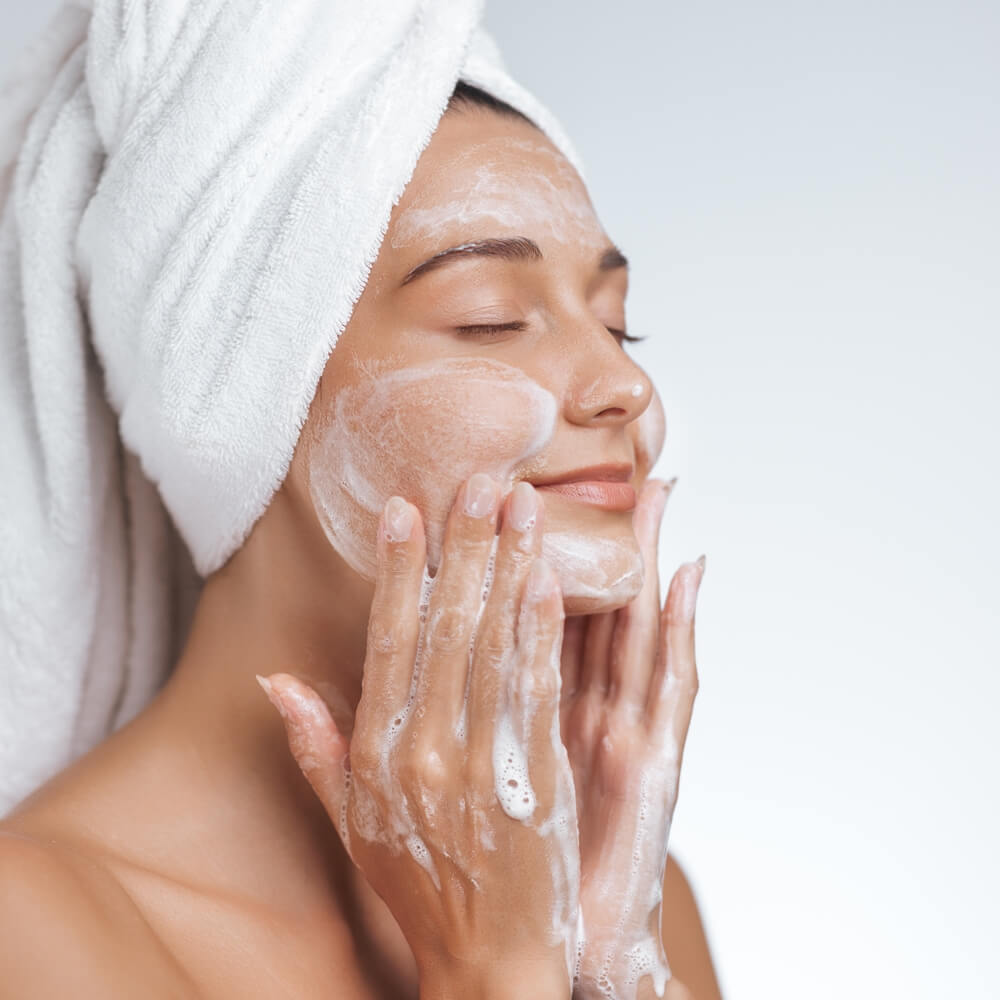
0 comments on “Morning vs. Night Skincare: Are You Doing It Wrong?”